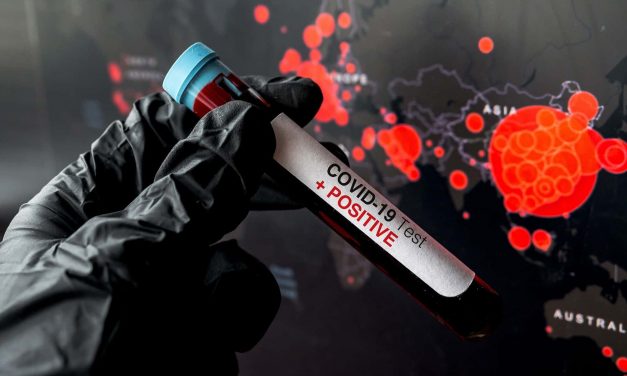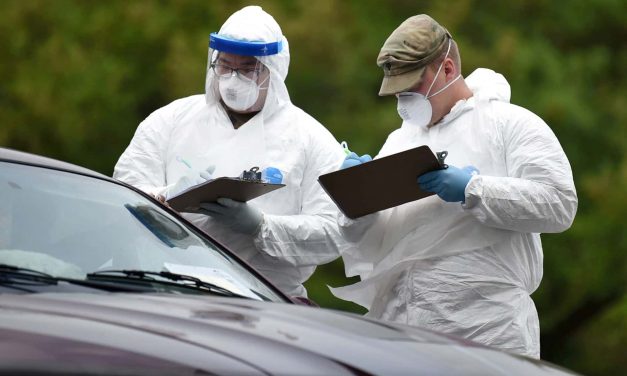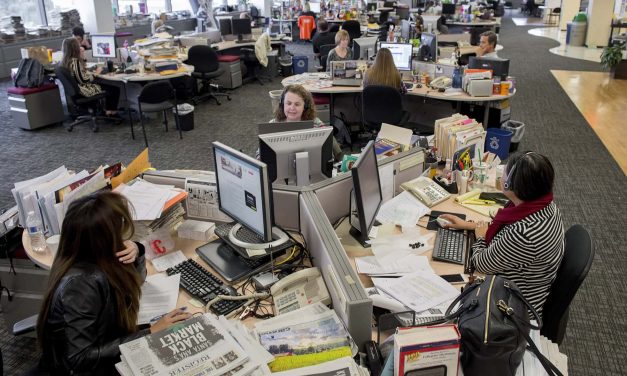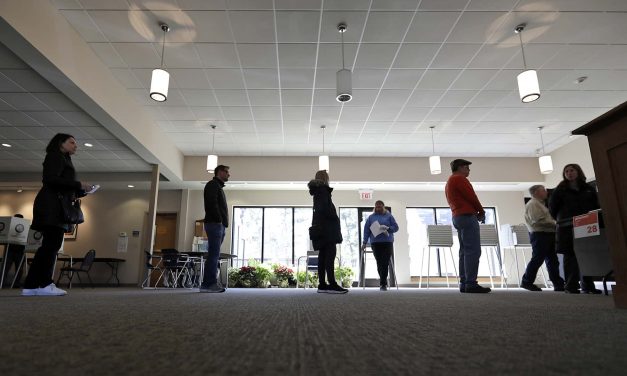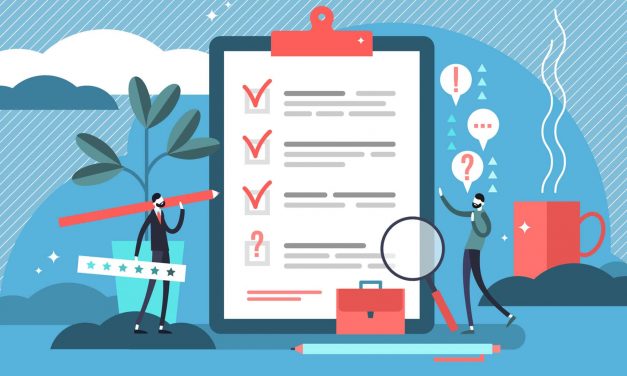Institutional Betrayal: The lasting trauma from playing down the threat of COVID-19 and failing to act
By Anne P. DePrince, Professor of Psychology, University of Denver; and Joan M. Cook, Associate Professor of Psychiatry, Yale University U.S. intel agencies issued dire, classified warnings to President Trump in January and February about the dangers posed by the coronavirus, according to revelations reported in The Washington Post. For weeks, U.S. communities coast to coast sounded the alarm. They didn’t have enough tests to diagnose, track and limit the spread of COVID-19. Meantime, federal and some state officials downplayed the need for a coordinated response. There is a name for situations when systems that are supposed to take...
Read More
